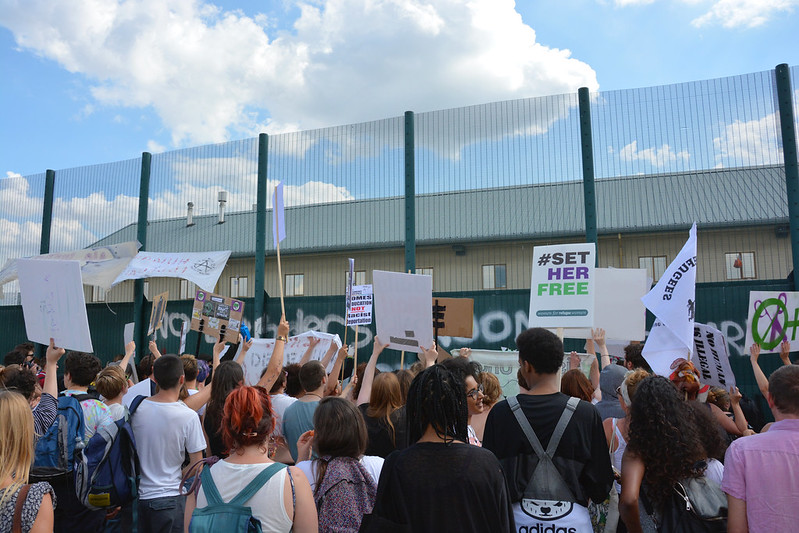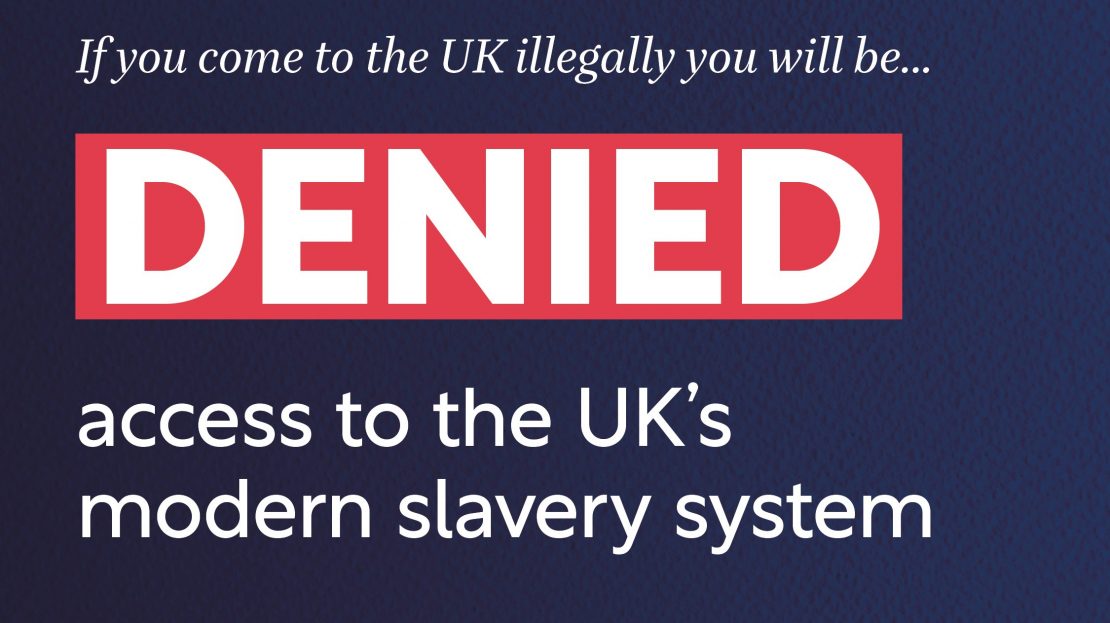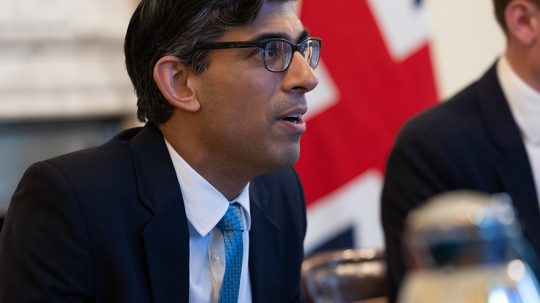Almost 200,000 people seeking asylum could be detained or forced into destitution under the proposed Illegal Migration Bill.
Findings from a detailed impact assessment carried out by the Refugee Council has estimated the consequences of the first three years of implementation of the Illegal Migration Bill if it were to be passed into law.
The analysis, which is based on conservative estimates based on existing data, suggests that as many as 45,000 children could be detained under the plans.
Costs could exceed £9bn
An estimated £9bn will be spent over three years on keeping refugees in detention centres and accommodating people who can’t be removed to other countries.
In order to assess the impact of the proposals, the Refugee Council worked on the basis that the government manages to remove 30,000 refugees under its Rwanda scheme, though no removals have yet taken place.
Most of those who will be detained and deported under the new legislation are from Eritrea, Sudan, Syria and Iran, countries where people have increasingly limited safe routes to use to apply to reach the UK. Even the scheme for Afghans is not working – only 22 people who fled the country having been resettled in 2022.
Refugee resettlement in the UK from camps is down by 75% since 2019
At the same time, refugee resettlement to the UK from United Nations High Commissioner for Refugees camps is currently 75% lower than the pre-Covid level in 2019, and refugee family reunion visas are 40% down.
Enver Solomon, CEO of the Refugee Council, said: “This draconian legislation stains our country’s reputation for fairness in the face of adversity. All the evidence shows that the vast majority of those who come here by so-called irregular routes are refugees escaping bombs and bullets, violence and persecution.”
Solomon continued: “They take these dangerous journeys as no workable alternatives exist for them – unlike Ukrainians who were rightly able to come to the UK on a visa scheme. Most people in Britain open their hearts and some their homes to those in need, fellow human beings seeking safety and sanctuary.”
Based on the Home Office being able to remove 30,000 people to Rwanda, detaining people for an average of 28 days, and being able to accommodate those not detained in dispersal-style accommodation, the Refugee Council estimates that if the Bill becomes law, three things will happen:
- It is estimated that in the first three years of the legislation coming into effect, between 225,347 and 257,101 people will have their asylum claims deemed inadmissible. This includes between 39,500 and 45,066 children.
- At the end of the third year, between 161,147 and 192,670 people will have had their asylum claims deemed inadmissible but will not be removed. They will be unable to have their asylum claims processed, unable to work and will be reliant on Home Office support and accommodation indefinitely.
- In the first three years of the bill passing, between £8.7bn and £9.6bn will have been spent on detaining and accommodating people.
The Refugee Council has also warned that the Bill will do nothing to expand safe routes available to people who are trying to reach the UK.
Speaking about the Bill, Solomon stated: “This Bill rubbishes the very best of British values. It does not reflect the country we are in 2023. It is not who we are.”





